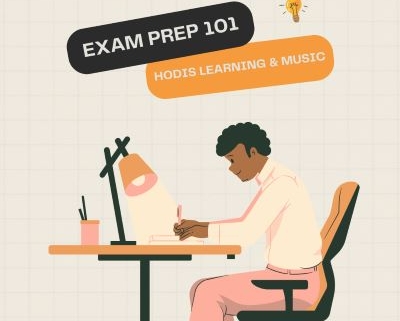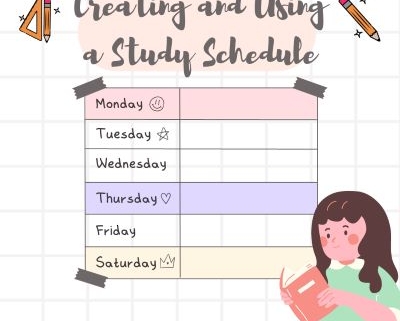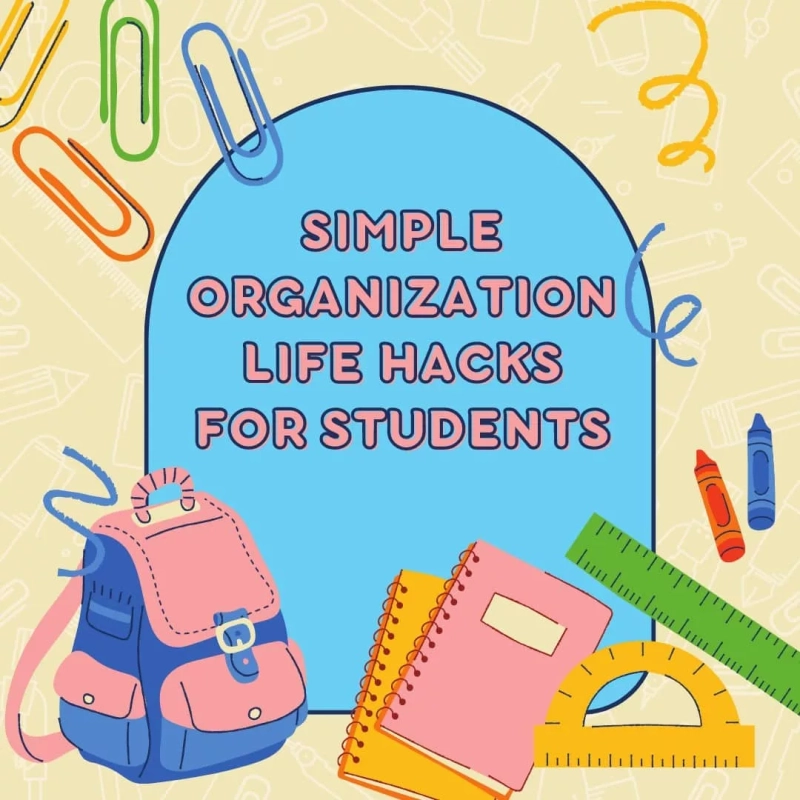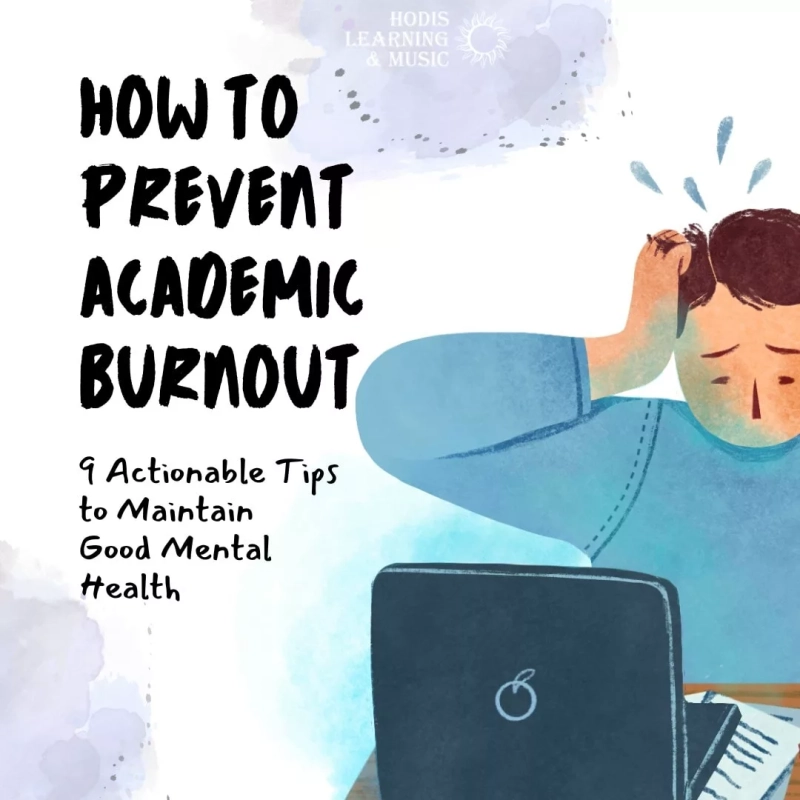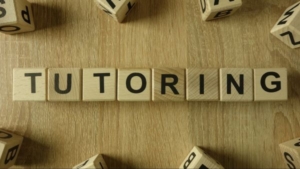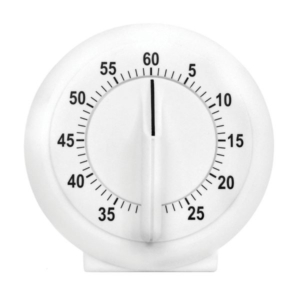With assignments piling up and deadlines looming, managing your time effectively is crucial. One of the most tried and true methods for keeping track of academic work is using a school planner. A well-maintained planner can transform chaos into order and turn overwhelming schedules into manageable tasks. In this resource post, we’ll explore the benefits of using a school planner and provide tips on how to make the most out of this helpful tool.
The Benefits of Using a School Planner
- Enhanced Organization: Planners provide a centralized space to jot down assignments, tests, deadlines, and meetings. By having all your academic information in one place, you can see at a glance what needs to be done, which helps prevent tasks from being overlooked or forgotten.
- Improved Time Management: With a planner, you can allocate your time effectively. It allows you to break down study sessions, prioritize tasks based on urgency and importance, and plan ahead for upcoming projects. This proactive approach helps ensure that you’re always prepared, reducing stress during peak times like the weeks of midterms and finals.
- Boosted Productivity: A planner can help you establish a routine by setting aside specific times for studying and completing homework. This structured approach to time management can significantly increase productivity, as you can focus on one task at a time without worrying about what comes next.
- Track Goals and Progress: Beyond daily task management, a planner is a fantastic tool for setting long-term educational goals. Whether it’s improving in a particular subject, preparing for standardized tests, or completing a significant research project, a planner lets you set milestones and track your progress towards these goals.
Tips for Effectively Using a School Planner
- Make It a Daily Habit: For your planner to be effective, it needs to be a part of your daily routine. Spend a few minutes each morning and evening reviewing and updating your planner. This will help you internalize your schedule and priorities for the day, and adjust any plans promptly if circumstances change.
- Be Detailed and Specific: When entering information in your planner, be as detailed as possible. Instead of writing “study for math,” specify what you will study, such as “complete algebra worksheet pages 10-15.” This specificity makes it clear what you will be working on and helps you maximize your time instead of spending precious minutes trying to figure out where to start.
- Use Color Coding: Some students find that color coding can make planners easier to read, especially at a quick glance. For example, use blue for homework, red for tests and exams, green for personal appointments, and so on. This method makes it easier to visually sort and prioritize your tasks.
- Review and Adjust Weekly: At the end of each week, review what you’ve accomplished and what hasn’t been completed. This reflection will help you understand your productivity patterns and identify areas for improvement. Adjust your planning strategy accordingly to optimize the upcoming weeks.
- Integrate with Digital Tools: While a physical planner is great for writing down tasks, integrating it with digital tools like calendar apps can enhance its effectiveness. Digital reminders can help you stay on track with your planner’s agenda, ensuring you never miss a deadline.
Takeaway
A school planner is more than just a tool for jotting down homework—it’s a comprehensive system for managing your academic life. By effectively utilizing a planner, students can enhance their organization, manage their time more efficiently, and boost their overall academic performance. With these tips in mind, a planner can become an indispensable tool for academic success.
Sign Up for Academic Coaching
Improve your organizational and time-management skills with an expert academic coach at Hodis Learning & Music. Learn more about our services by calling or emailing us today.


